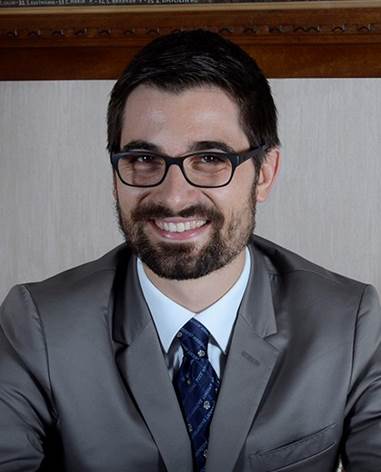Abstract
The speech will consider the challenges raised by the algorithmic society by looking at the government not as a potential regulator, but as itself subject to some fundamental rules.
All too often, in fact, one question remains unanswered: what happens, and what should the legal framework be, when it is the governments that massively accumulate information and data and use them “against” their citizens?
When combined with the Weberian monopoly on the legitimate use of physical force, this practice creates a tremendous concentration of power, which is extremely dangerous, because it would be a lethal weapon in the hands of malicious governments. But the situation seems worthy of great concern even when democratic systems are at stake.
The most immediate threats concern individual freedom in the following fields, considered individually with examples taken from comparative research: internet censorship; the collection and use of personal data to provide public services; tax fraud investigations; other criminal investigations and prevention of threats to public security.
The speech will conclude by arguing the need to rediscover, in this era of profound technological transformation, the original reasons for constitutionalism: the algorithmic society makes it all the more urgent to reaffirm the constitutional constraints to government power, in order to prevent fundamental rights from being watered down, just because this is technologically possible. Constitutionalism should therefore find new instruments to pursue an old objective, to be sure the oldest one, namely to limit the powers of government. Ultimately, some form of constitutionalism 4.0 may be needed to meet the many challenges of the algorithmic society, but surely there is still a need for “good old” constitutionalism 1.0 as well.
Speaker

